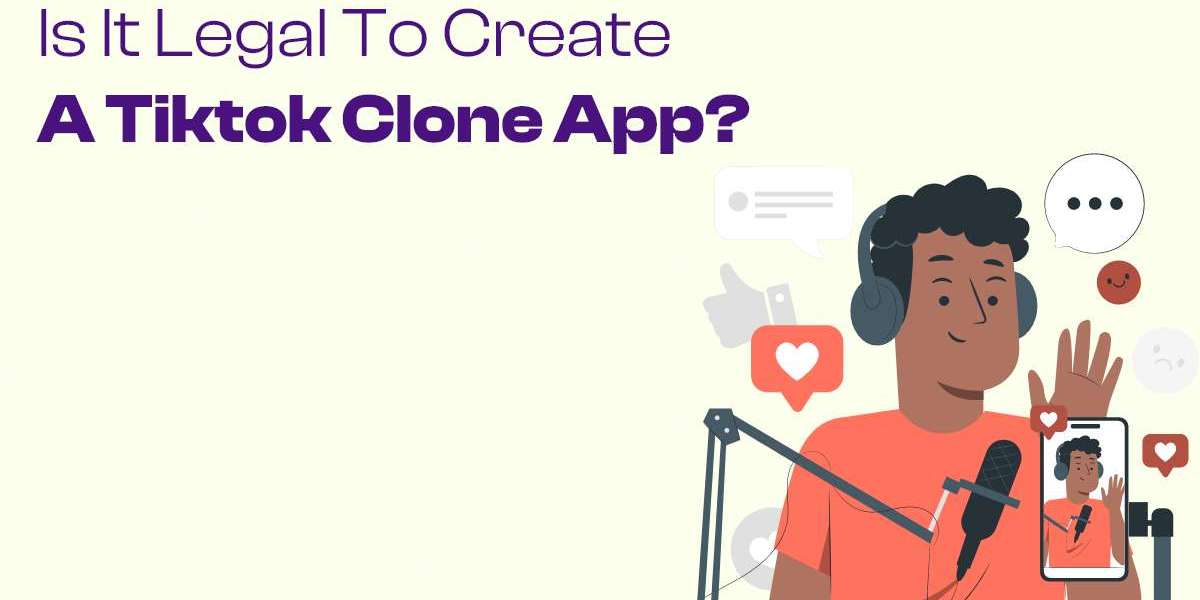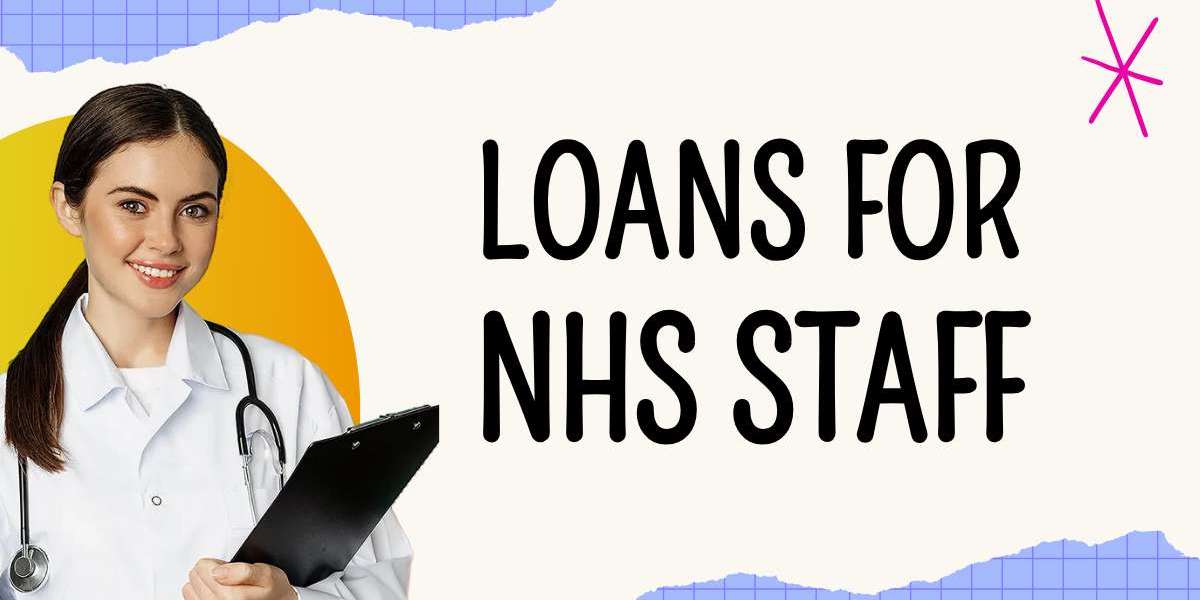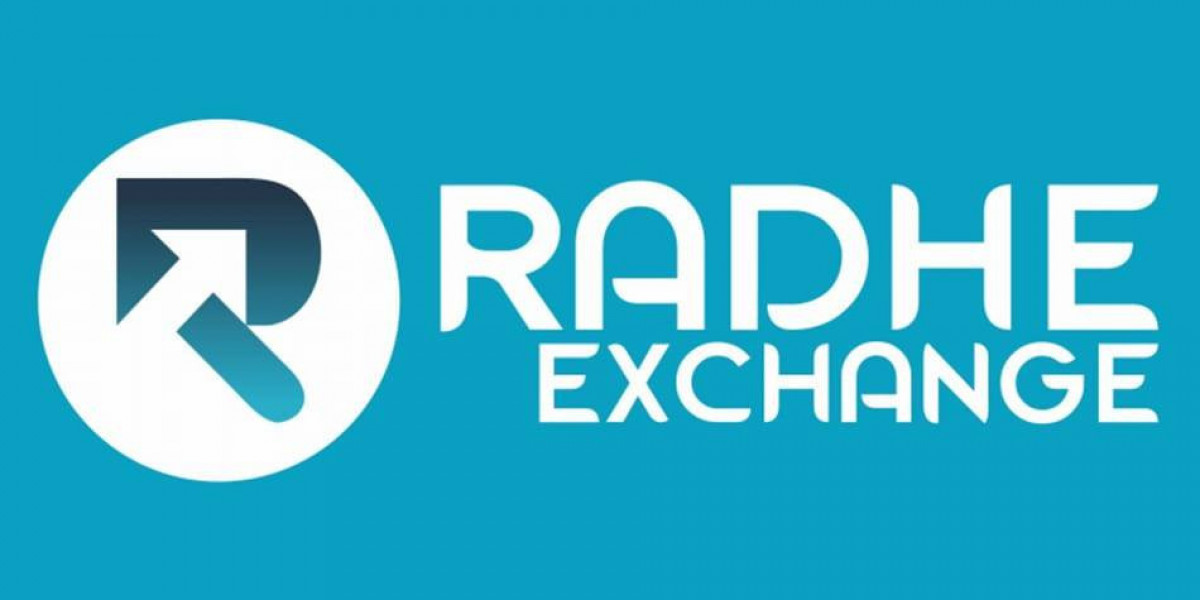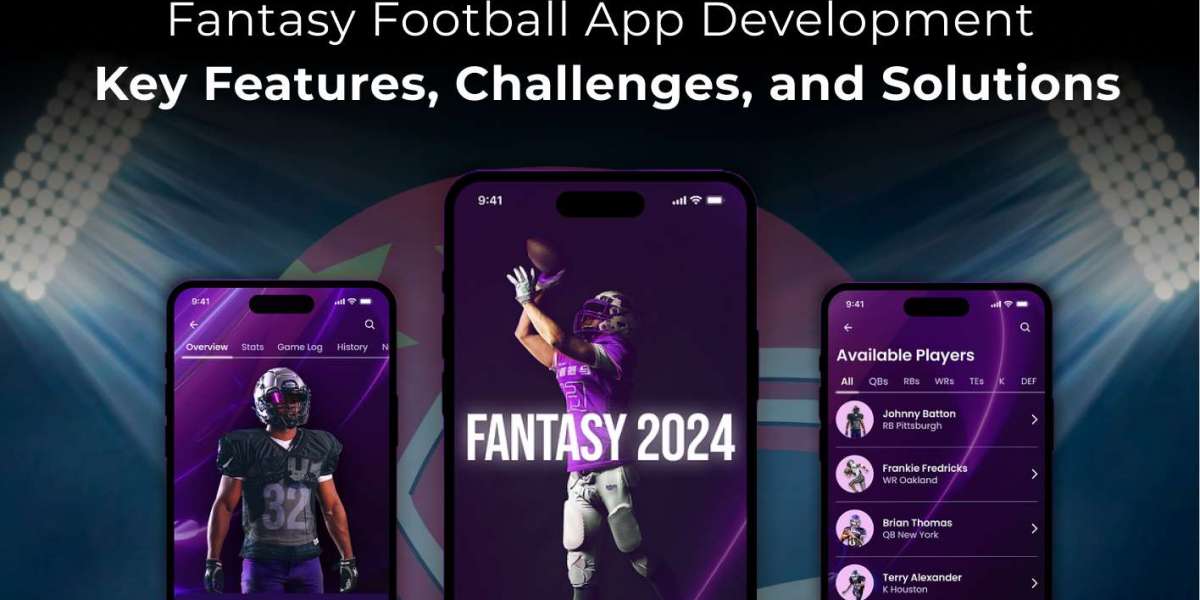Creating a TikTok clone app raises legal considerations that developers must navigate to ensure compliance with intellectual property laws, user privacy regulations, and platform policies. Here’s an exploration of the legal aspects involved in developing a TikTok clone app.
Understanding Intellectual Property Rights
TikTok, owned by ByteDance, is protected by various intellectual property rights, including:
Copyright: Covers the original audiovisual content (videos), user interface design elements, and algorithms that power TikTok's features.
Trademarks: Protects TikTok's name, logo, and branding elements associated with the platform.
Patents: May cover specific technologies or processes used within the app, although these are less commonly encountered in social media apps.
Legal Considerations for Developers
Copyright Infringement: Replicating TikTok’s core features, such as video recording, editing, and social interaction mechanisms, without appropriate authorization may constitute copyright infringement. Developers must avoid copying TikTok’s unique expressions of ideas and instead focus on creating original features and designs.
Trademark Issues: Using names, logos, or branding elements similar to TikTok’s can lead to trademark infringement claims. Developers should conduct thorough trademark searches and avoid any confusion with TikTok’s brand identity.
Patent Concerns: While patents are less of a concern in social media app clones, developers should be aware of any patents related to specific technologies or processes that TikTok may have secured.
Compliance with User Privacy Laws
Developers must adhere to user privacy laws, including:
General Data Protection Regulation (GDPR): Applicable if targeting users in the European Union, GDPR mandates transparent data handling practices, user consent for data processing, and rights to access and delete personal data.
California Consumer Privacy Act (CCPA): Applies to California residents and requires businesses to disclose data practices, offer opt-out options for data sharing, and provide CCPA-compliant privacy notices.
To comply:
Data Collection: Limit data collection to what’s necessary for app functionality and obtain user consent before processing personal data.
Data Security: Implement robust security measures to protect user data from unauthorized access or breaches.
Platform Policies and Terms of Service
Developers must adhere to platform policies and terms of service (ToS) set by app stores (e.g., Apple App Store, Google Play Store) and social media platforms:
API Usage: Follow guidelines when using APIs (Application Programming Interfaces) provided by platforms like TikTok for integration purposes.
Prohibited Content: Avoid hosting or promoting content that violates platform guidelines, such as hate speech, explicit content, or copyrighted materials.
Considerations for App Distribution
Before distributing a TikTok clone app:
App Store Approval: Ensure compliance with app store guidelines to avoid rejection or removal.
Legal Disclaimers: Include terms of use and privacy policies within the app to inform users about their rights and responsibilities.
Conclusion
Developing a TikTok clone app is legally feasible if done in compliance with intellectual property laws, user privacy regulations, and platform policies. Developers should prioritize originality in app features and designs, conduct legal due diligence to avoid infringement claims, and implement robust data protection measures.
By understanding and adhering to legal considerations, developers can create TikTok clone apps that offer innovative user experiences while respecting intellectual property rights and safeguarding user privacy. Seeking legal counsel or consulting with experts in app development and intellectual property law can provide further guidance and ensure legal compliance throughout the app’s lifecycle.








